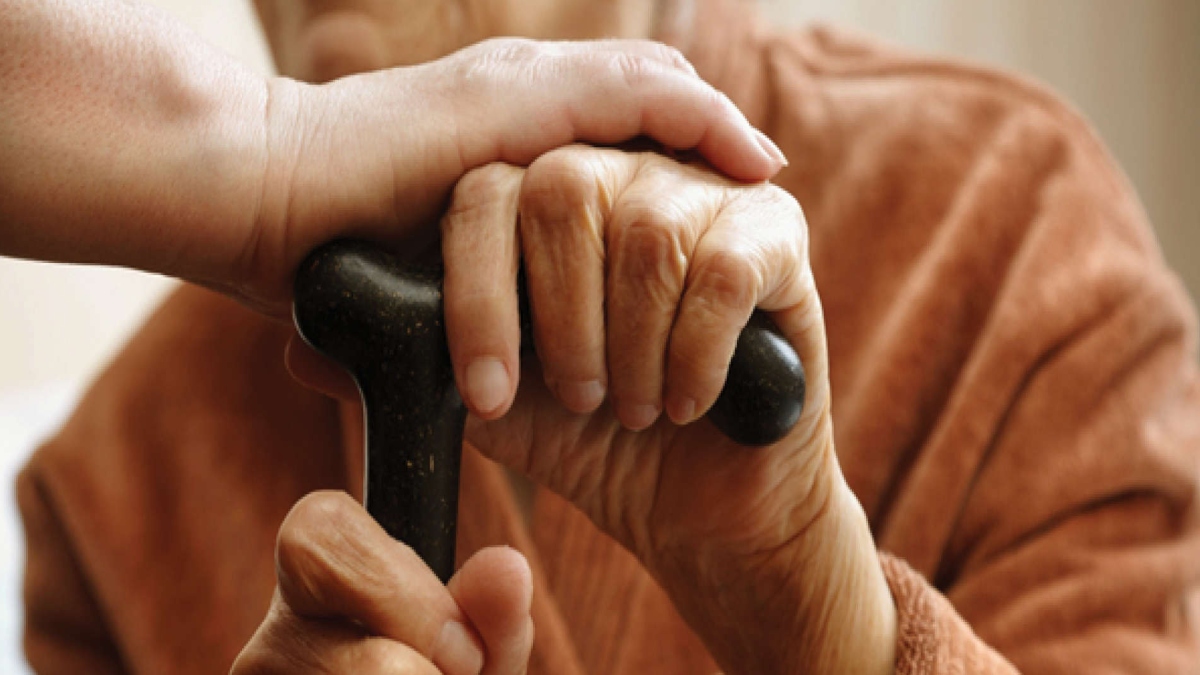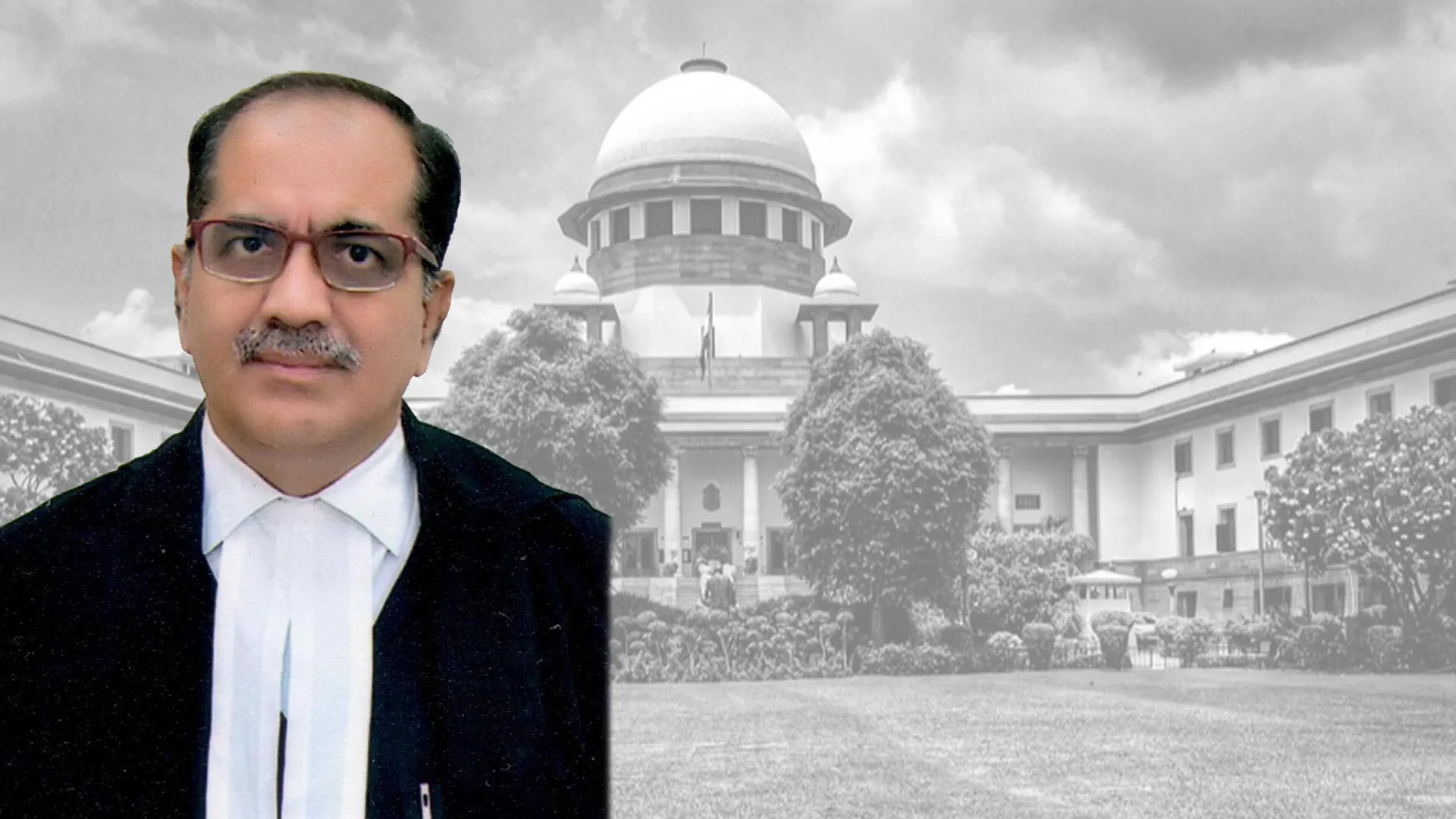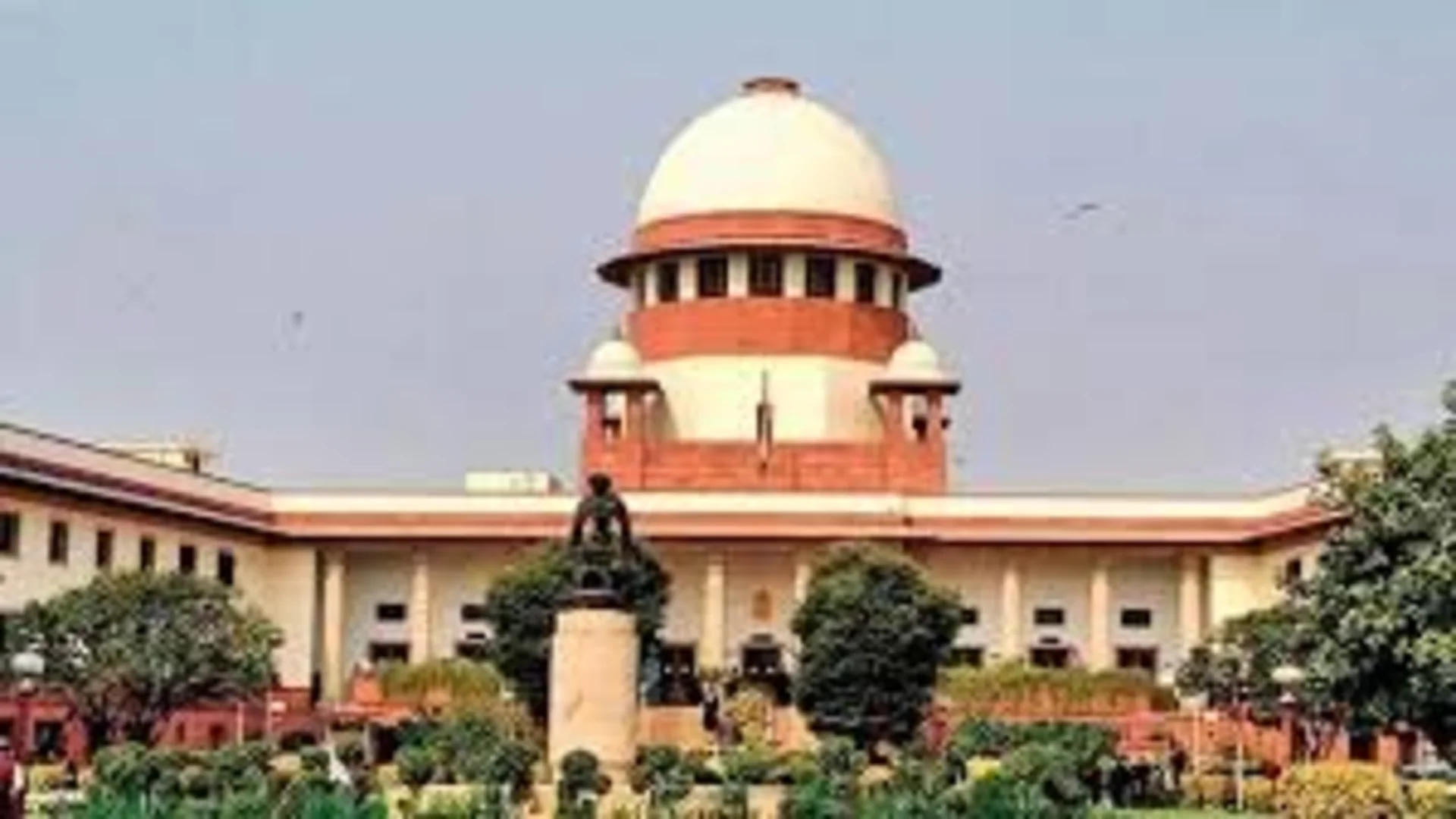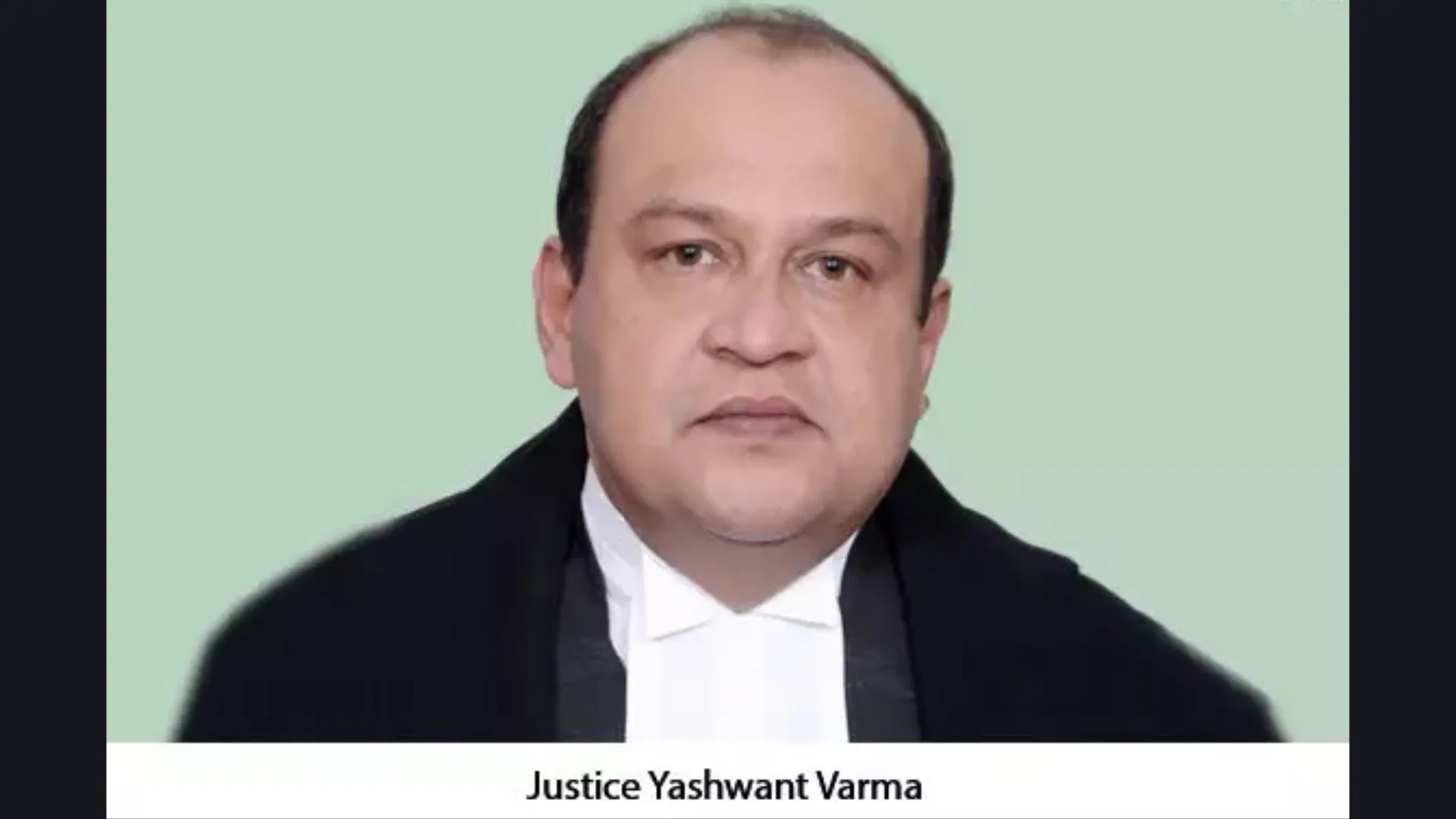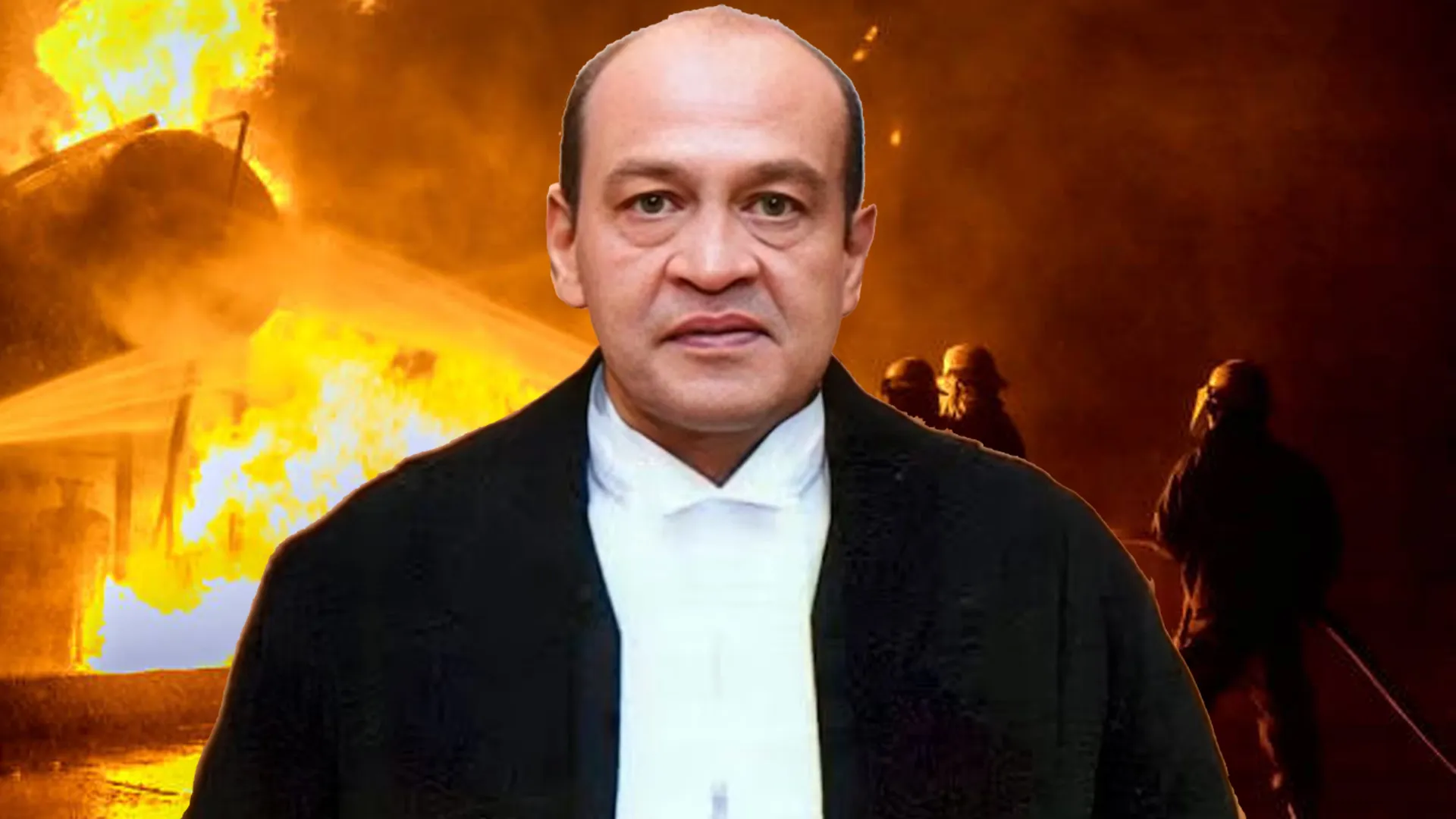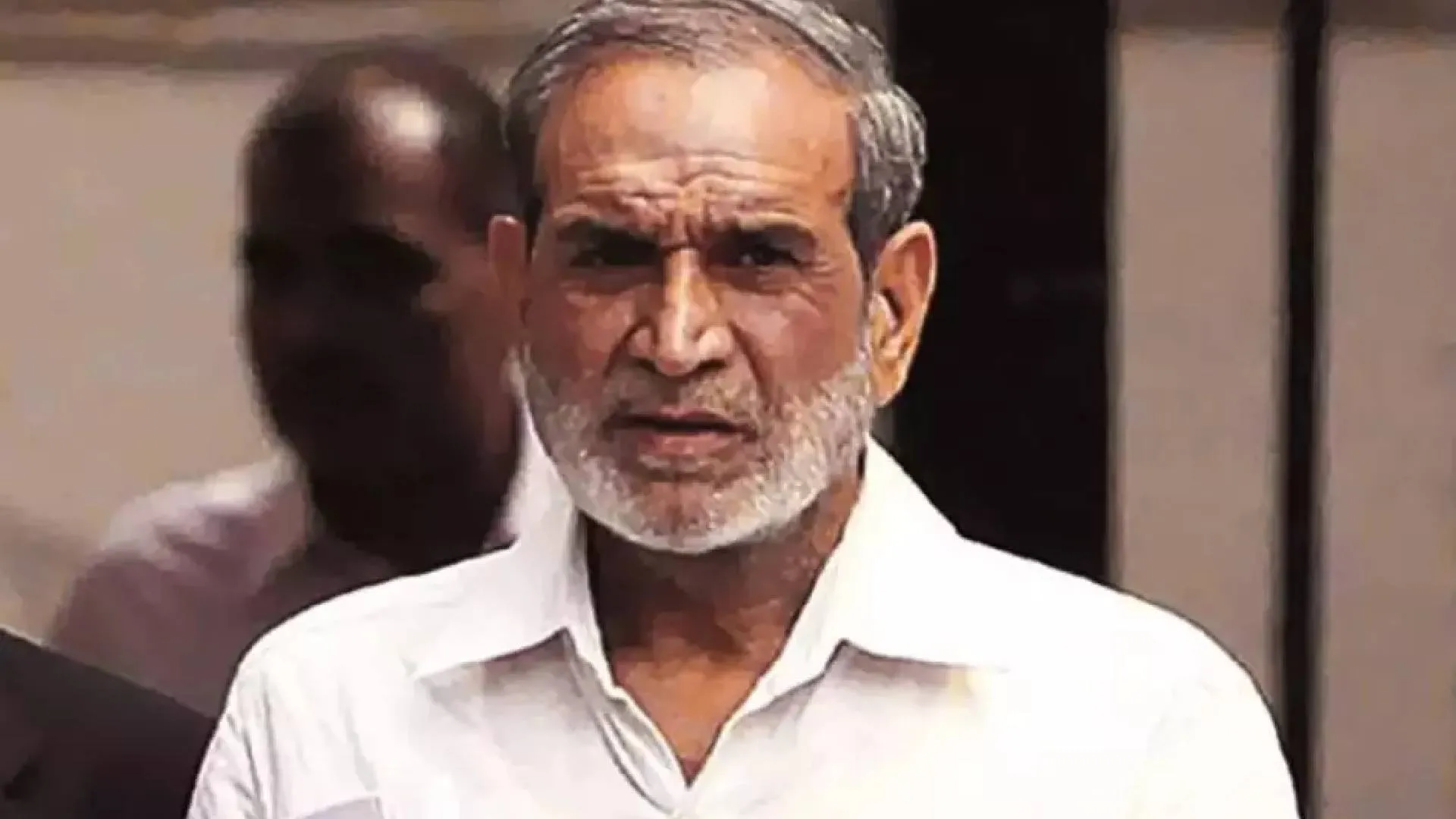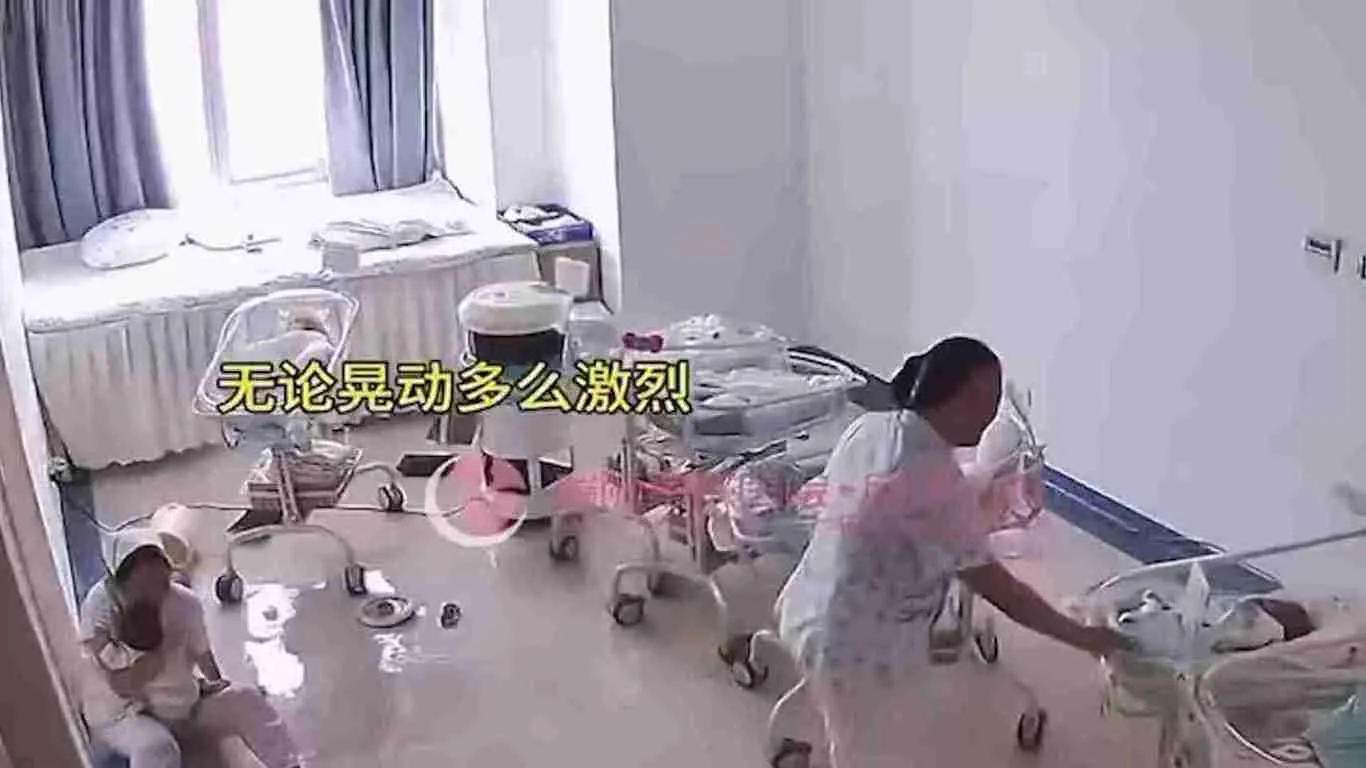The Maintenance and Welfare of Parents and Senior Citizens Act, 2007 was introduced on 29th December, 2007 to safeguard the rights of the elderly citizens and to ensure that their children take best care of them. With the advent of modernization the society is also evolving earlier, the people were habitual of living in joint families but now everyone prefers to live separately, owing to which cases of harassment of the elderly are also increasing. It’s been 12 years since the act was passed. The Centre proposed a draft bill in 2019 to amend the provisions of the act with the objective of ensuring need based maintenance based and senior citizens and their welfare. In 2019 the Maintenance and Welfare of Parents and Senior Citizens (Amendment) Bill, 2019 was introduced by the centre in the Lok Sabha. The legislative intent with which the bill is drafted is to bring significant changes in the existing Maintenance and Welfare of Parents and Senior Citizens Act, 2007 and attempts to inculcate in the younger generation a moral duty to take care and support one’s parents and elders.
On a perusal of numerous survey reports it is evident that India is ageing at a fast pace and people in the age group of 60 years and above will increase by 326% and those in the age group of 80 plus by 700%. National Development requires governmental planning and programming, which in turn require legislative enactments for their validation and implementation. This mandates the government to take adequate steps with the objective to prevent the senior citizens from getting exposed to the vulnerabilities of the old age.
The Constitution framers were well aware of the of the problems that an individual could face in old age and therefore, with the intent to guarantee security from the problems the well-being of senior citizens is mandated by Article 41 of the constitution. Article 41 states that “The state shall, within the limits of its economic capacity and development, make effective provision for securing the right to public assistance in cases of old age”. There are other statutory provisions as well which address the same issue for example Chapter IX, section 125(1)(2), that requires persons who have sufficient means to take care of his or her parents if they are unable to take care of themselves. The Hindu Adoption and Maintenance Act, 1956 also requires Hindu sons and daughters to maintain their elderly parents when parents are not able to look after themselves.
FAULTINESS IN THE EXISTING ACT
The current legislation is considered to be the landmark step of government of India towards the welfare of the elderly, the current legislation was introduced in pursuance of Article 21 of the Indian Constitution meaning thereby, guaranteeing Right to live with dignity, Right to life and liberty and the Right to shelter, but it seems that the purpose with which the act was enforced has not been achieved effectively. Section 32 of the Act states that for the effective implementation of the Act every state should frame their rules, which creates ambiguity regarding the jurisdiction of the maintenance tribunal in different states. For instance, in Uttar Pradesh Maintenance & Welfare of Parents & Senior Citizens Rule-2014, there is no such provision which expressly states that Maintenance Tribunal is authorised to pass the order of eviction whereas the Chandigarh and Welfare of Senior Citizens Rules, 2009 provides for the rule of eviction by the Maintenance Tribunal thereby, abating the ambiguity regarding the jurisdiction of maintenance tribunal in passing the order for the eviction of a son, daughter-in-law. These directives are missing in some states with regards to the rule of eviction owing to which arises the ambiguity regarding the jurisdiction of Maintenance Tribunal.
Section 22(2) of the Act, 2007 states “The State Government shall prescribe a comprehensive action plan for providing protection of life and property of Senior Citizens” owing to this the issue that arises is with regards to the eviction of children by their parents from their self-acquired property following the failure of children and daughter-in-law to maintain their parents, the decision of High Courts in various states cannot be said to be uniform with regards to the jurisdiction of Maintenance Tribunal. Due to this lack of uniformity different High Courts have different opinions regarding the question of jurisdiction of Maintenance Tribunal. In Janardan v. Maintenance Tribunal Appellate Authority & District Collector [2017 Law Suit (Ker) 664] a petition was filed in Kerala High Court against the eviction order passed by the Maintenance Tribunal, the Court while setting aside the order said that since, the Maintenance Tribunal is not authorized expressly to pass the eviction order under the provisions of the Act, 2007 therefore, the order has been passed going beyond the jurisdiction of the tribunal. Same observation was laid by the Kerala High Court in C.K. Vasu vs. The Circle Inspector of Police.
Section 32(2)(e) of the Act vests the State Government with the power to make rules with regards to the power and duties of the authorities for implementation of the provisions of the Act and 32(2)(f) of the Act states that a comprehensive action plan for providing protection of life and property of senior citizens
In Chandigarh Maintenance and Welfare of Parents and Senior Citizen Rules, 2009 there is expressly provided that the Maintenance Tribunal can pass the order of eviction on account of any form of abuse inflicted upon the senior citizen by their children and in the light of the said provision there are catena of judicial pronouncements passed by the Punjab and Haryana High Court where the maintainability of eviction order was upheld by the High Court. In Hamina Kang v. District Magistrate the eviction order passed by the Maintenance Tribunal was challenged in the High Court but the court on the basis of Rule 3 of Chandigarh Maintenance and Welfare of Parents and Senior Citizens Act, 2009 upheld the eviction order passed by the Maintenance Tribunal.
Sometimes, there arises the situation in Indian families these days where the daughter-in-law after the death of her husband claims to live in the in the house of her in-laws forcefully against the wishes of the parents and threatens to falsely charge them of Domestic Violence, molestation, harassment etc., regarding the right to live in the in-law’s house High Court of Punjab and Haryana in Vimaljit Singh v. State of Punjab and Others [AIR 2018 P&H 185] said: “It has also contended that right to residence in a shared household can only be appreciated if the house belongs to or taken on rent by the husband or the house belong to the joint family to which husband is a member but the shared household would not mean that wherever the husband and wife lived together in the past, the same would become their shared household.” The Punjab and Haryana High Court in Darshan Singh and others v. State of Punjab and others observed that “the son and his family would be permitted to live in the residential house, owned by the father only till he wants them to live but only as licensees.”
FAULTINESS IN THE BILL 2019
The bill lacks proper teething after going through the amendments made in the draft bill it is evident that no significant change has been made in the previous Act now, the amendments have been made mainly in the definition clause for example in 2007 Act the term children referred to as children and grandchildren, excluding minors now under 2019 Bill the government has widened the scope of children by including step-children, adoptive children, children-in-law, and the legal guardian of minor children. Like the said provision many other provisions have widened the scope of the relevant terms under the previous act. Changes have been made regarding the penal provisions, number of home cares, quantum of maintenance, police protection but still the call of the hour in the present scenario is the enactment of eviction provision in the parent act so that the each and every state frames its rules in consonance of the parent act and includes the eviction provision so that there is no question with regards to the maintainability of the eviction order passed by the maintenance tribunal.
CONCLUDING REMARKS
In the light of the above-mentioned judicial pronouncements passed by different state high courts, it can be concluded that the draft bill still needs improvements and in the absence of express mention of eviction as a remedy in the Bill the objective with which it is drafted will not get fulfilled. The Supreme Court in Dr. Ashwani Kumar Singh v. Union of India has correctly said that “there’s a lot that is required to be achieved and we expect the Union of India and all the State Governments and Union Territories administrations to take an active interest in the implementation of the National Programme”.
After going through the provisions of the existing act it is evident why there arises ambiguity with regards to the jurisdiction of the Maintenance Tribunal in passing the eviction order. The above-mentioned Punjab and Haryana High Court judgments were in the light of the state rule which expressly vests the Maintenance Tribunal with the power to pass eviction order but in other High Courts to answer this ambiguity regarding the jurisdiction of the Maintenance Tribunal there is a need that the government should expressly insert the provision of eviction in the Amendment Bill, 2019. The insertion of the eviction provision will be beneficial for the senior citizens as they belong to the marginalized section of the society.
After going through the amendments made in the draft bill it is evident that no significant change has been made in the previous Act now, the amendments have been made mainly in the definition clause: for example in 2007 Act the term children referred to as children and grandchildren, excluding minors. Now under 2019 Bill the government has widened the scope of children by including step-children, adoptive children, children-in-law, and the legal guardian of minor children.

